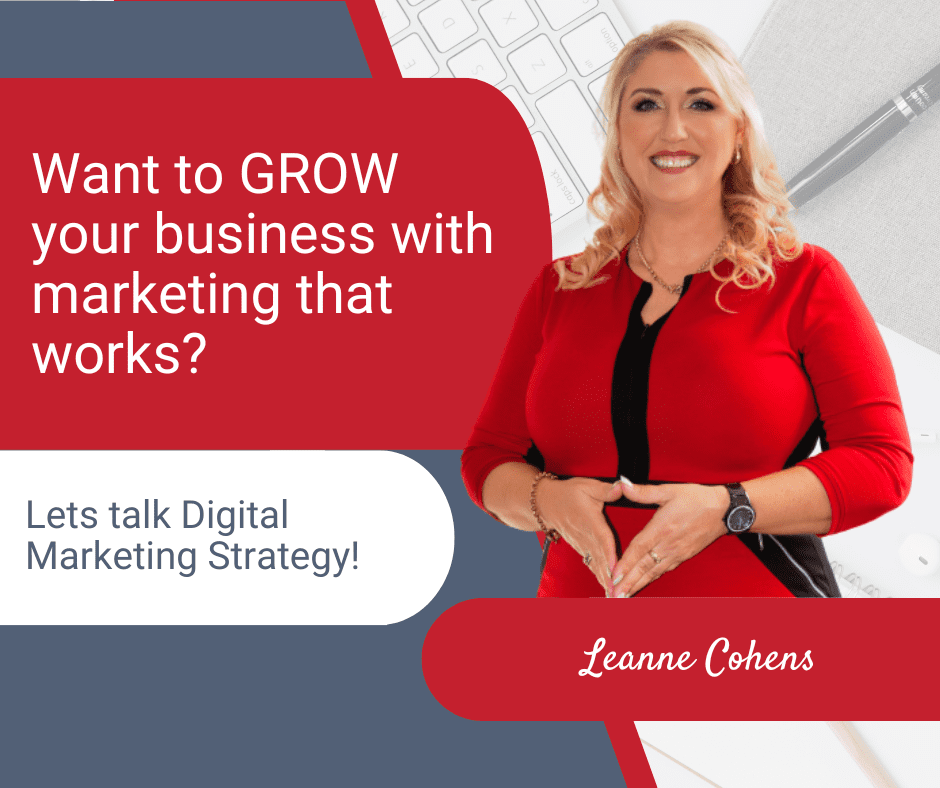How Do You Create Compelling Content With Blogging in 2025?
Click here to Watch the Videos BelowIn 2025 we live in a rapidly evolving digital landscape, where social media snippets and AI-generated content dominate, so is blogging still effective? Here at Marketing Leap (and according to data) blogging remains a vital component of effective digital marketing. This platform allows businesses and personal brands to establish deep connections, demonstrate their authority, and significantly boost SEO. Let’s explore why blogging is crucial for your businesses growth and how you can create blog posts that not only captivate but also convert.
Why Blogging Holds Its Ground in the 2025 Digital Age
Despite the fast pace of social media, blogging offers a unique value by providing in-depth, thoughtful content that strengthens your brand’s narrative. Blogs are the backbone of content marketing strategies, serving as a repository of detailed information that helps in establishing long-term trust and credibility. They allow for a deeper exploration of topics that can influence purchasing decisions, making them an essential tool for brands looking to enhance their industry authority.
The Power of Authenticity in Blogging
Authenticity is the currency of the digital world. In a sea of generic content, blogs that reflect a genuine voice and offer unique insights stand out. Unlike AI, which can support the mechanical aspects of writing, the human experience that comes through genuine storytelling is irreplaceable. Your blog is a platform where you can share your experiences, challenges, and successes, making your brand relatable and trustworthy.
Strategic Keyword Research: The Foundation of Visibility
To ensure your blog reaches the right audience, strategic keyword research is essential. This process involves identifying terms and phrases your target audience searches for. By integrating these keywords naturally into high-quality, informative content, you can improve your visibility on search engines and attract more relevant traffic to your site. Start by identifying topics your audience cares about. Use tools like Ubersuggest or Google Keyword Planner to find relevant keywords with high search volume and low competition. Don’t just target broad keywords like ‘marketing tips.’ Go niche with long-tail keywords like ‘marketing tips for small business owners in Australia’, find keywords that match the specific queries of your potential customers. These keywords bring in more qualified traffic and are easier to rank for. Keywords are the GPS for your blog content—get specific, and your audience will find you!
Developing a Comprehensive Content Plan
A well-structured content plan is essential for maintaining a consistent blogging schedule. This plan should outline:
- Frequency of posts: Determining how often to post is crucial in keeping your audience engaged and your content fresh.
- Content themes: Align your content with your audience’s interests, industry trends, and key business events.
- Content format: Vary your format to include how-to guides, industry analyses, client stories, and more to cater to different reader preferences.
A content calendar helps you manage this plan, ensuring you never miss an opportunity to connect with your audience. It also helps in batching content creation, which can save time and resources.
Enhancing Engagement Through Value-driven Content
Your blog should aim to solve problems. Whether it’s through how-to guides, troubleshooting posts, or thought leadership pieces, each post should provide tangible value to your readers. Engage with your readers through comments to understand their perspectives and tailor your content accordingly. This interaction not only enhances user experience but also boosts your blog’s engagement metrics.
Leveraging Blogging for SEO and Conversion
Integrating blogging with your overall SEO strategy can dramatically improve your site’s visibility and organic search rankings. Blogs provide fresh content that search engines favor and offer numerous opportunities for backlinking, which can enhance your domain authority. Additionally, by strategically using call-to-actions (CTAs) within your posts, you can guide readers towards conversion points like newsletters, free downloads, or consultation services. (Just like this CTA directly below!)
Conclusion
Blogging is more than just a marketing tactic; it’s a powerful strategy for building trust, enhancing your SEO, and establishing a loyal customer base. With the right approach, your blog can become a cornerstone of your digital presence, driving meaningful business results.
If you’re ready to elevate your blogging strategy, remember that consistency, authenticity, and strategic planning are your best tools. Subscribe to our Digital Success for Business Podcast for more insights, and follow us on social media for updates and tips.























